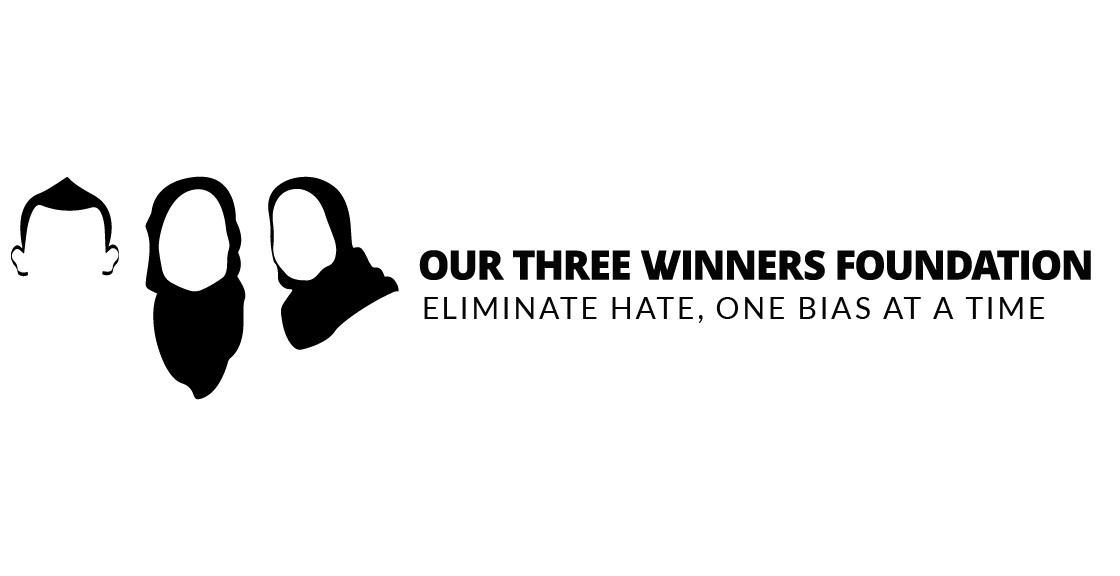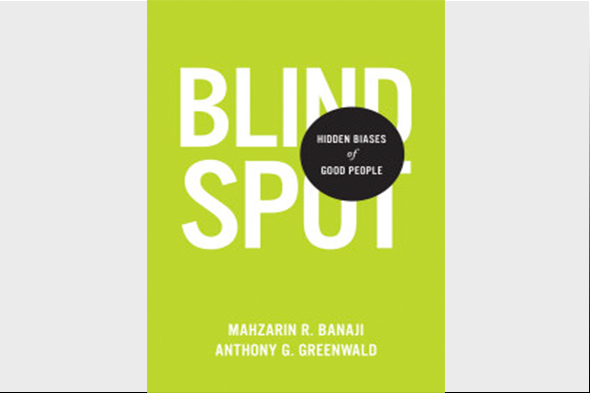Dr. Suzanne Barakat
Suzanne was born and raised in North Carolina, and attended UNC Chapel Hill for undergrad and medical school. She completed her residency training in the Department of Family & Community Medicine at UCSF San Francisco General Hospital. She is a practicing physician in Oakland, CA, and is passionate about women’s health, mental health, global health,…
Read MoreHala Hijazi
Ms. Hijazi is a San Francisco Business and Community Leader with 20 years of public service, business, and social entrepreneurship experience collaborating with and representing high-level government, business, and diverse constituency stakeholders in highly charged and sensitive environments to address complex public policy issues, deliver economic and political solutions, and advance civil and human rights.…
Read MoreHow to Think about "Implicit Bias"
Amidst a controversy, it’s important to remember that implicit bias is real—and it matters By Keith Payne, Laura Niemi, John M. Doris on March 27, 2018 When is the last time a stereotype popped into your mind? If you are like most people, the authors included, it happens all the time. That doesn’t make you a racist, sexist, or whatever-ist.…
Read MoreThis kids’ worksheet is a perfect example of how implicit bias gets perpetuated.
Stereotypes are formed and reinforced in countless ways we may not even be aware of—but we have to be aware of them. by Annie Reneau The term “implicit bias” refers to the unconscious attitudes, beliefs, and stereotypes that affect how we think about and behave towards others. Harvard’s famous implicit bias test for race evaluates how quickly you…
Read MoreBlindspot: Hidden Biases of Good People
Blindspot, Mahzarin Banaji and Anthony Greenwald explore hidden biases that we all carry from a lifetime of experiences with social groups – age, gender, race, ethnicity, religion, social class, sexuality, disability status, or nationality. “Blindspot” is a metaphor to capture that portion of the mind that houses hidden biases. The authors use it to ask about the extent…
Read More


